
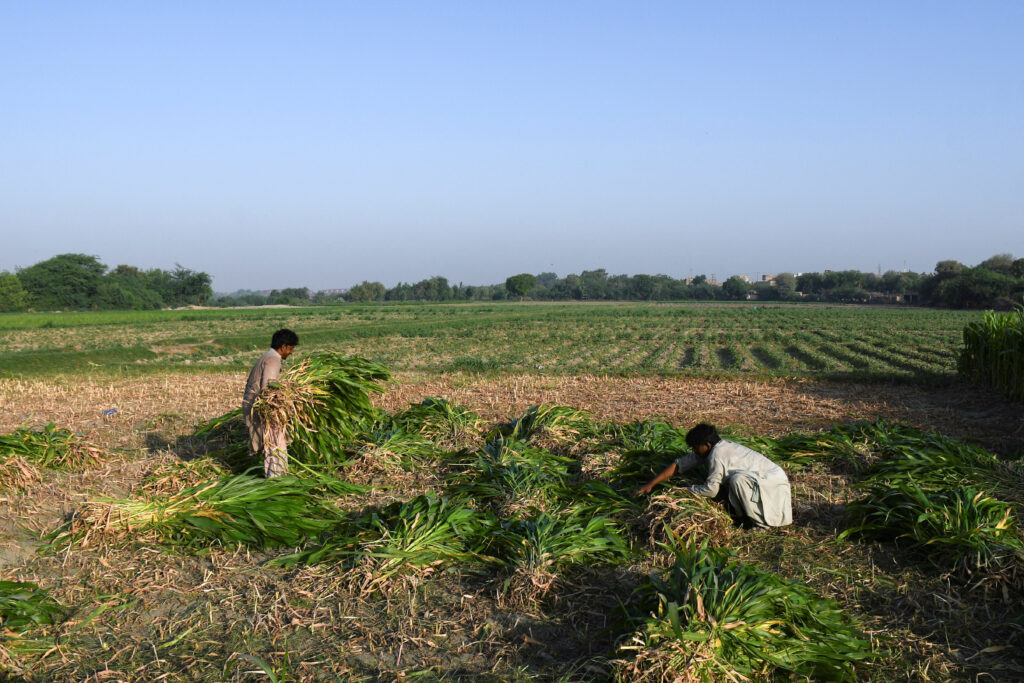
LATIFABAD, Pakistan/NEW DELHI (Reuters)
Spraying pesticides on his parched vegetables one street away from the Indus River, Pakistani farmer Homla Thakhur is worried about his future.
The sun is at its peak, the river is running very low, and India has vowed to cut supplies upstream after a deadly militant attack in Kashmir.
“If they stop water, all of this will turn into the Thar desert, the whole country,” said Thakhur, 40, before heading back to the river to refill the tank for the spray gun.
“We’ll die of hunger.”
His nearly five-acre (two-hectare) farm is located in the Latifabad area of the southeastern province of Sindh, from where the Indus flows into the Arabian Sea after originating in Tibet and snaking through India.
Thakhur’s fears were echoed by more than 15 Pakistani farmers and several other experts, especially as rain has been scanty in recent years.
For the first time, India on Wednesday suspended the World Bank-mediated Indus Waters Treaty of 1960 that ensures water for 80 per cent of Pakistani farms, saying it would last until “Pakistan credibly and irrevocably abjures its support for cross-border terrorism”.
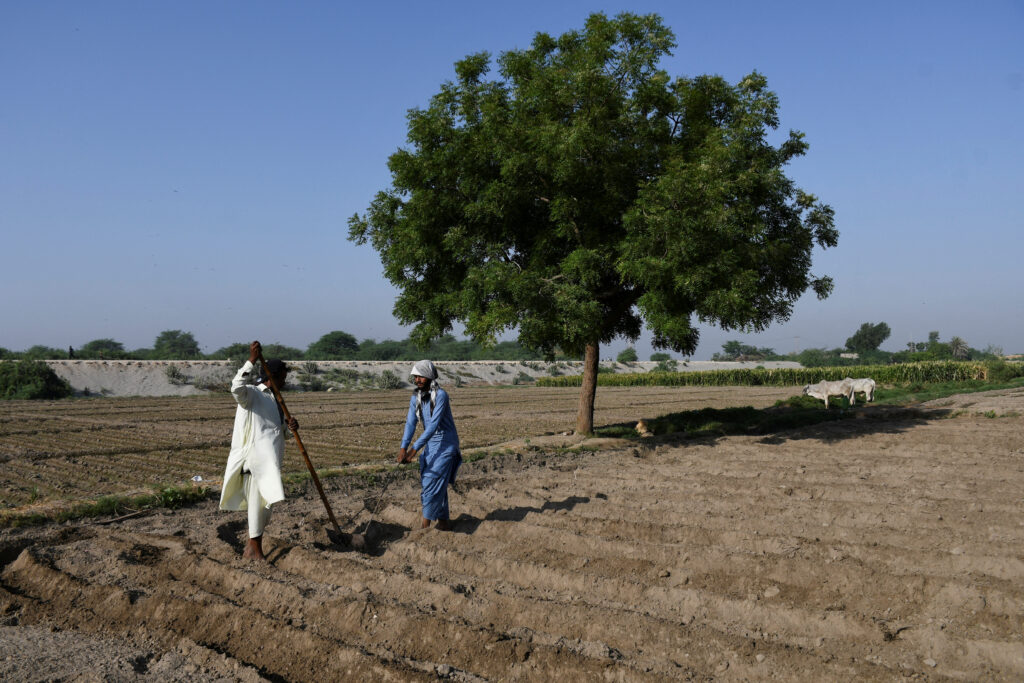
India says two of the three militants who attacked tourists and killed 26 men in Kashmir were from Pakistan. Islamabad has denied any role and said “any attempt to stop or divert the flow of water belonging to Pakistan … will be considered as an Act of War”.
The treaty split the Indus and its tributaries between the nuclear-armed rivals.
Government officials and experts on both sides say India cannot stop water flows immediately, because the treaty has allowed it to only build hydropower plants without significant storage or dams on the three rivers allocated to Pakistan. But things could start changing in a few months.
“We will ensure no drop of the Indus River’s water reaches Pakistan,” India’s water resources minister, Chandrakant Raghunath Paatil, said on X.
He did not respond to questions about the fears in Pakistan.
Two Indian government officials, who declined to be identified discussing a sensitive subject, said the country could within months start diverting the water for its own farms using canals while planning hydroelectric dams that could take four to seven years to finish.
Immediately, India will stop sharing data like hydrological flows at various sites of the rivers flowing through India, withhold flood warnings and skip annual meetings under the Permanent Indus Commission headed by one official each from the two countries, said Kushvinder Vohra, a recently retired head of India’s Central Water Commission.
“They will not have much information with them when the water is coming, how much is coming,” said Vohra, who was also India’s Indus Commissioner and now advises the government occasionally.
“Without the information, they cannot plan.”
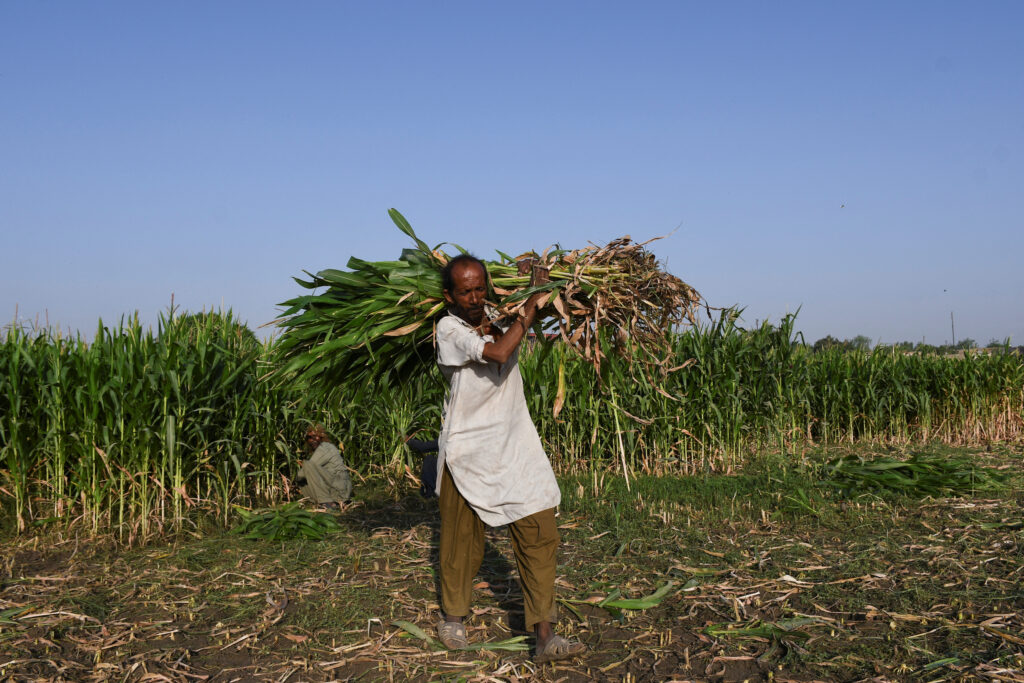
And it is not just agriculture, a shortage of water will also hit electricity generation and potentially cripple the economy, economists say.
Vaqar Ahmed, economist and team lead with UK consulting firm Oxford Policy Management, said that Pakistan had underestimated the threat of India walking away from the treaty.
“India hasn’t got the kind of immediate infrastructure to halt the waterflows, especially during flood times, so this period creates a crucial window for Pakistan to address the inefficiencies in its water sector,” he said.
“There are a lot of inefficiencies, leakages.”
RUNNING DISPUTES
In recent years, Indian Prime Minister Narendra Modi’s government has been seeking to renegotiate the treaty and the two countries have been trying to settle some of their differences in the Permanent Court of Arbitration in the Hague over the size of the Kishenganga and Ratle hydroelectric plants’ water storage area.
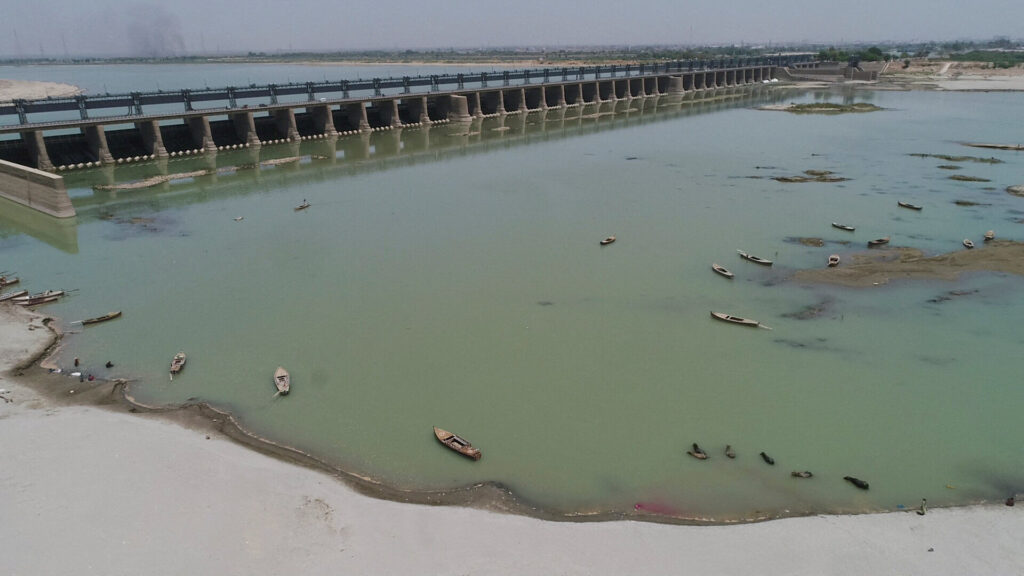
“We can now pursue our projects in free will,” said Vohra.
In a letter on Thursday, India told Pakistan that circumstances had changed since the treaty was signed, including population increases and the need for more cleaner energy sources, referring to hydropower.
A World Bank spokesperson said it was a “signatory to the treaty for a limited set of defined tasks” and that it does “not opine on treaty-related sovereign decisions taken by its member countries”.
Nadeem Shah, who has a 150-acre farm in Sindh where he grows cotton, sugar cane, wheat and vegetables, said he was also worried about drinking water.
“We have trust in God, but there are concerns over India’s actions,” he said.
The three rivers meant for Pakistan, a country of 240 million people, irrigate more than 16 million hectares of farmland, or up to 80 per cent of the total.
Ghasharib Shaokat of Pakistan Agriculture Research, a Karachi research firm, said India’s actions inject uncertainty “into a system that was never designed for unpredictability”.
“At this moment, we don’t have a substitute,” he said. “The rivers governed by the treaty support not just crops, but cities, power generation, and millions of livelihoods.”
The treaty remained largely unscathed even when India and Pakistan fought four wars since separating in 1947, but the suspension sets a dangerous precedent, Pakistani politicians said.
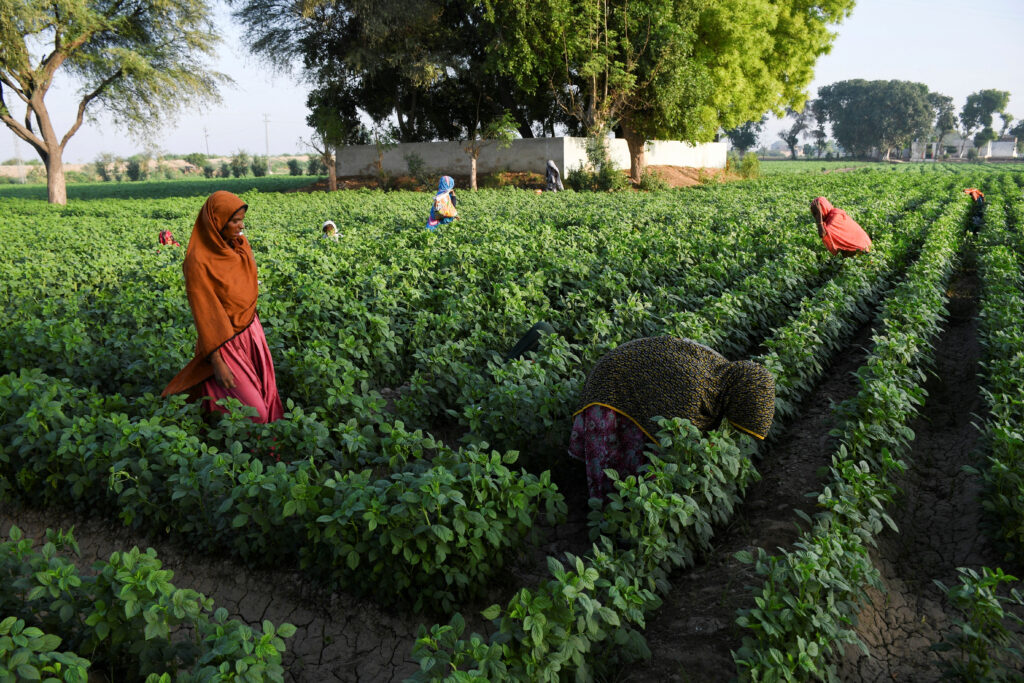
“We’re already locked into generations of conflict, and by exiting the Indus Water Treaty, I believe we’re locking future generations into a brand new context of conflict,” said Bilawal Bhutto Zardari, Pakistan’s former foreign minister.
“That must not happen.”






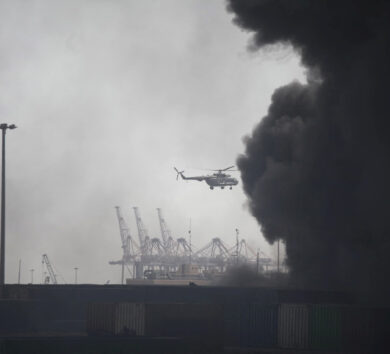
Comments